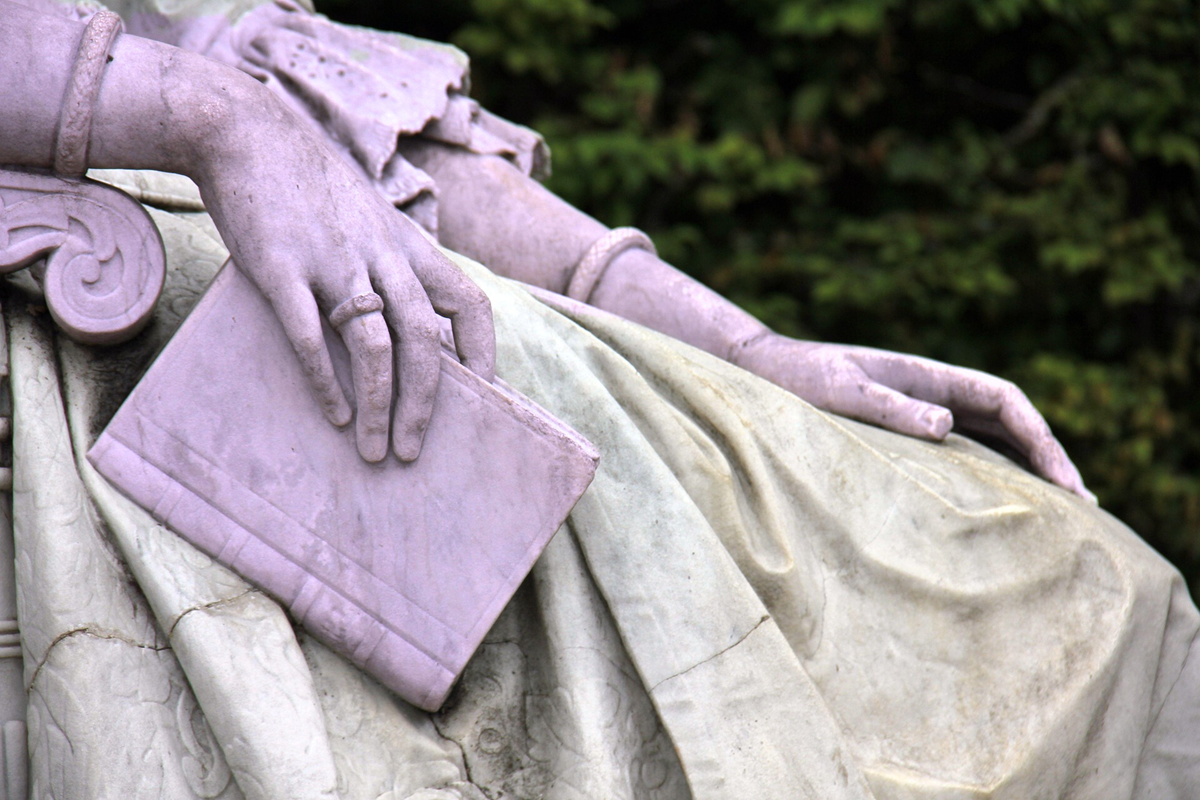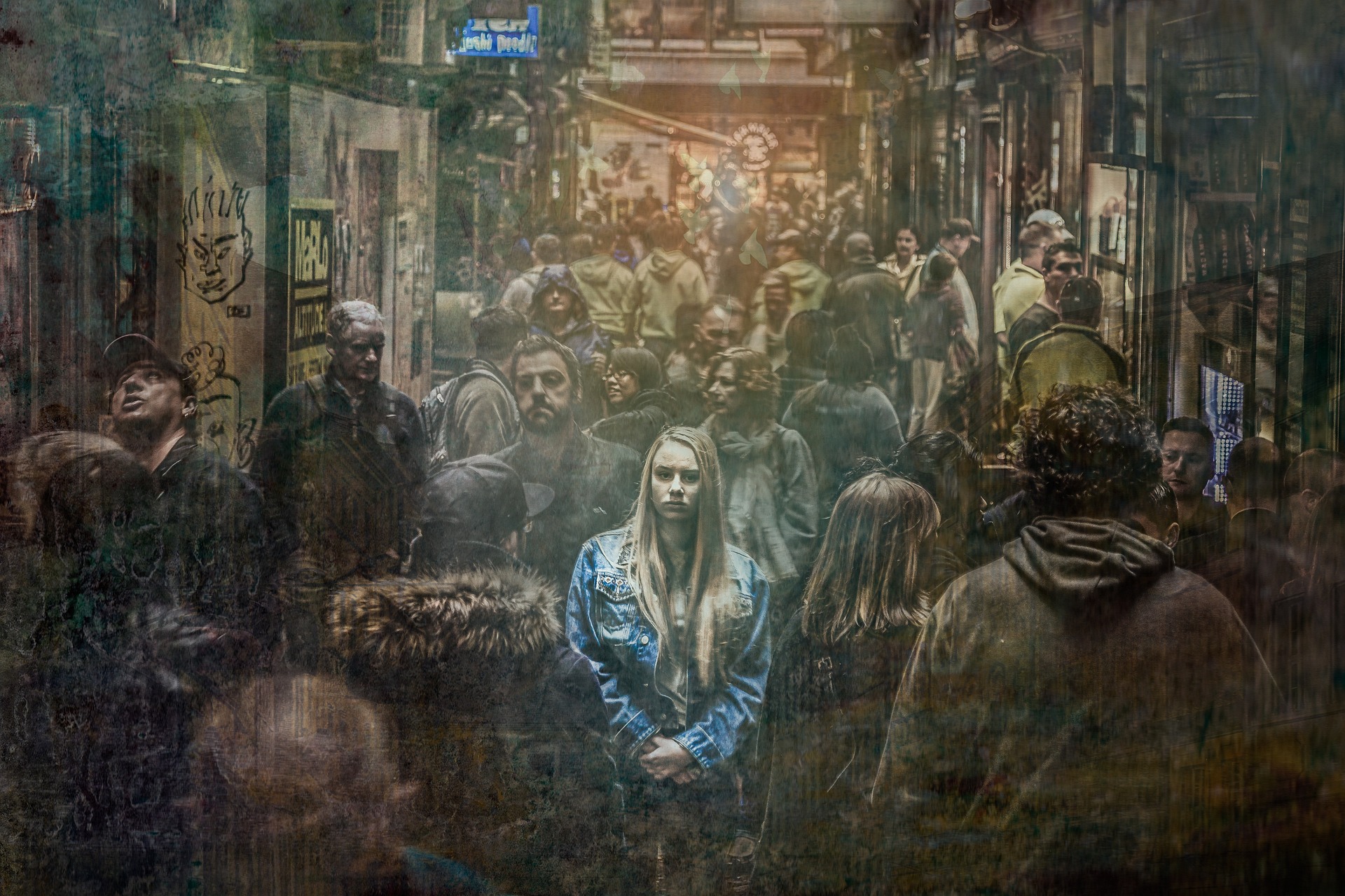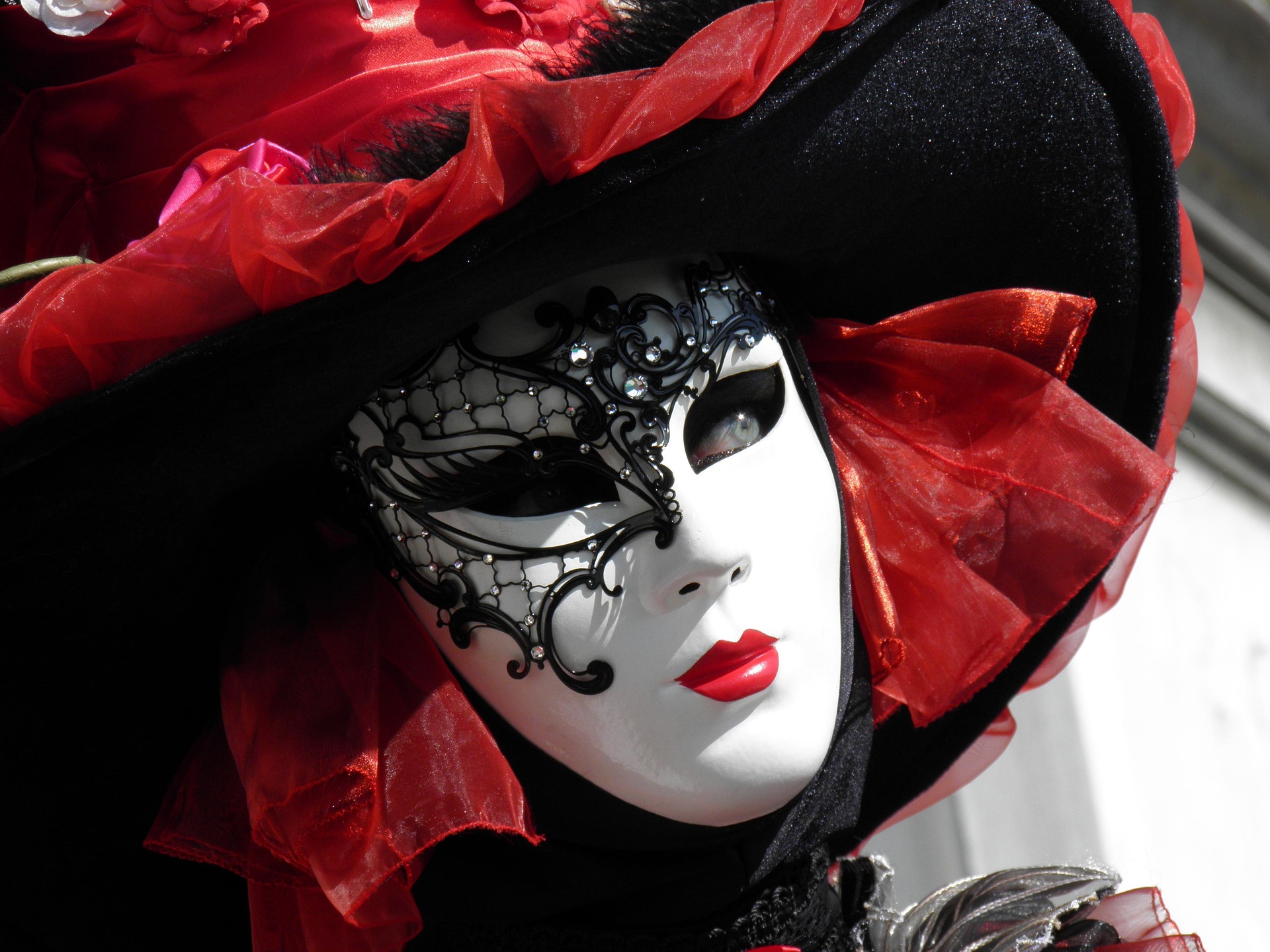Table of Contents
Introduction
Literature is far more than mere artistic expression; it is a profound and often understated tool of identity, power, and societal cohesion. From the rhythmic verses chanted around ancient campfires to the sprawling narratives read on digital screens, stories have consistently served as the bedrock upon which communities understand themselves, articulate their values, and envision their future. This isn’t just about entertainment; it’s about the very fabric of who we are, individually and collectively. The way literature shapes national identity is a complex, multifaceted process, weaving together myths, histories, triumphs, and traumas into a shared consciousness.
Throughout history, different literary forms and eras have played pivotal roles in nation-building. Ancient epics forged collective memories and heroic ideals. During periods of colonial rule, literature became a powerful weapon of resistance, a means for subjugated peoples to reclaim their narratives and assert their distinct cultural identities. In the postcolonial era, authors have continued to grapple with the lingering legacies of imperialism, striving to redefine national consciousness in a world reshaped by independence. Today, in an increasingly globalized world, literature navigates the complexities of migration, diaspora, and hybrid identities, constantly challenging and re-imagining the very notion of “nation.”
To truly understand how literature shapes national identity, it’s crucial to define some key terms that will guide our exploration:
- National Identity: This refers to a sense of belonging to one nation, a shared understanding of common heritage, culture, and destiny that distinguishes one group of people from another. It is often a constructed concept, built upon shared narratives, symbols, and values.
- Postcolonial Literature: This body of literature emerges from countries that were formerly colonized, exploring the cultural, political, and human impact of colonialism and its aftermath. It often involves themes of identity, displacement, resistance, and the struggle for self-definition.
- Epic Poetry: These are long, narrative poems recounting heroic deeds and events significant to a nation or culture. They typically embody the values, myths, and cosmology of the society that produced them, serving as foundational texts for collective identity.
This pillar post will delve into these fascinating intersections, demonstrating how literature has consistently been at the heart of forging, challenging, and redefining national identities across diverse geographies and historical epochs.
Literature as Nation-Maker: A Historical Perspective
Before the advent of formal nation-states, communities coalesced around shared myths, legends, and heroic tales. These narratives, often transmitted orally and later transcribed as epic poems, served as the primary vehicles for embedding values, shaping collective memory, and fostering a nascent sense of belonging. These ancient literary works were not merely stories; they were charters of identity, providing a common narrative for disparate groups to imagine themselves as a coherent people. This is how literature and cultural identity formation began their intertwined journey.
Consider the profound influence of:
- Homer’s Iliad and Odyssey (Greece): These foundational epics, set during and after the Trojan War, are more than tales of gods and heroes; they are repositories of ancient Greek values. The Iliad, with its focus on honor, courage, and the tragic consequences of pride, articulated ideals that resonated across city-states, contributing to a shared Hellenic identity despite political fragmentation. The Odyssey, a journey of homecoming and resilience, spoke of the perseverance and ingenuity that became hallmarks of Greek self-perception. These narratives provided a common cultural touchstone, a shared past, and a pantheon of relatable archetypes that fostered a sense of kinship among diverse Greek communities.
- Beowulf (Anglo-Saxon England): Composed sometime between the 8th and 11th centuries, Beowulf is the oldest surviving epic poem in the Old English language. It narrates the heroic deeds of Beowulf, a Geatish warrior who comes to the aid of the Danes. Beyond its thrilling plot of monster-slaying, Beowulf is rich with themes of loyalty, valor, fate, and the transient nature of earthly glory. It offers a window into the Anglo-Saxon worldview, their relationship with the natural world, and their Germanic pagan heritage interspersed with Christian sensibilities. While England as a unified nation-state was still forming, Beowulf provided a powerful narrative of shared ancestry, heroic ideals, and a collective memory that contributed to the emerging Anglo-Saxon identity.
- Dante Alighieri’s The Divine Comedy (Medieval Italy): Written in the early 14th century, Dante’s magnum opus transcended its immediate theological and philosophical aims to become a cornerstone of Italian identity. Crucially, Dante chose to write in the vernacular Tuscan dialect rather than Latin, a revolutionary act that elevated a regional tongue to a literary language, paving the way for modern Italian. The poem’s vivid portrayal of the afterlife, populated by historical and contemporary figures, created a shared cultural landscape and moral universe for its readers across the fragmented Italian peninsula. The Divine Comedy not only showcased the richness and expressive power of the Italian language but also provided a narrative framework for understanding humanity, sin, redemption, and the ideal political order, contributing significantly to a nascent1 sense of Italian cultural unity.
- The Ramayana (India): This Sanskrit epic, traditionally attributed to the sage Valmiki, is one of the two major Sanskrit epics of ancient India (the other being The Mahabharata). The Ramayana narrates the life of Rama, an incarnation of Vishnu, and his quest to rescue his wife Sita from the demon king Ravana. This epic has profoundly influenced Indian art, culture, and religious thought for millennia. It embodies ideals of dharma (righteous conduct), karma, devotion, and sacrifice, offering moral guidance and shaping ethical frameworks. The characters of Rama, Sita, Lakshmana, and Hanuman are archetypes deeply embedded in the collective Indian psyche. The Ramayana is not merely a religious text; it is a cultural anchor that has unified diverse regions and linguistic groups across the Indian subcontinent through its universal themes and enduring narratives, demonstrating how literature shapes national identity through shared cultural touchstones.
These epic narratives, in their respective contexts, performed a crucial role in nation-building. They embedded shared values, presented common myths of origin and destiny, and fostered a sense of belonging among people who might otherwise have been geographically or politically disparate. They were the original architects of collective memory, providing the foundational stories upon which future national identities would be built.
Colonialism, Resistance, and the Rise of Literary Nationalism
The age of colonialism introduced profound ruptures in existing national and cultural identities. European powers imposed their languages, administrative systems, and narratives, often suppressing indigenous cultures and histories. In response, literature emerged as a potent site of resistance, a crucible where suppressed voices could reassert their agency and articulate a burgeoning sense of literary nationalism in postcolonial states. This period saw a powerful intersection of political awakening and literary expression, as writers became key figures in movements for self-determination. The role of literature in shaping society during this era was undeniably transformative.
Let’s examine some pivotal case studies:
- India: Rabindranath Tagore and Jawaharlal Nehru
- Rabindranath Tagore (1861-1941): As a polymath, poet, philosopher, and Nobel laureate, Tagore was a towering figure in the Indian independence movement, though his activism was largely cultural and intellectual rather than purely political. His works, written primarily in Bengali, celebrated India’s rich spiritual heritage, critiqued Western materialism, and advocated for universal humanism. His epic poem Gitanjali (Song Offerings), which won him the Nobel Prize in Literature in 1913, brought Indian spiritual thought to a global audience. Tagore’s profound contribution to national identity lay in his articulation of a distinct Indian modernity that was rooted in its own traditions while engaging with the world. He envisioned an India that was culturally vibrant and spiritually enlightened, providing a powerful counter-narrative to colonial denigration. His compositions also include the national anthems of India (“Jana Gana Mana”) and Bangladesh (“Amar Shonar Bangla”), cementing his legacy as a cultural architect of the subcontinent.
- Jawaharlal Nehru (1889-1964): Though primarily a political leader and India’s first Prime Minister, Nehru was also a prolific writer and historian whose works significantly shaped India’s post-independence identity. His monumental The Discovery of India (1946), written during his imprisonment by the British, is a sweeping narrative of India’s long history, its philosophical traditions, and its enduring spirit. This book was instrumental in articulating a unified national narrative for a diverse nation on the cusp of independence. Nehru’s writings provided a sense of shared heritage, reminding Indians of their glorious past and inspiring them towards a modern, secular, and democratic future. He used literature not just to reflect identity but to actively construct it, laying the ideological foundations for the newly independent nation.
- Africa: Ngũgĩ wa Thiong’o (Kenya)
- Ngũgĩ wa Thiong’o (b. 1938) is a leading voice in African literature and a powerful advocate for decolonization of the mind. Initially writing in English, he later made the pivotal decision to write exclusively in Gikuyu, his native language, as a deliberate act of linguistic and cultural reclamation. Works like Decolonising the Mind (1986), a collection of essays, argue forcefully against the linguistic and cultural imperialism perpetuated by colonial education. His novels, such as Weep Not, Child (1964) and Petals of Blood (1977), vividly portray the struggles of Kenyans under colonial rule and in the post-independence era, exploring themes of resistance, land dispossession, and the disillusionment with corruption. Ngũgĩ’s literary project is a powerful testament to the idea that true national liberation requires a reclaiming of indigenous languages and narratives, thereby challenging the colonial imposition of identity and fostering authentic African self-awareness.
- Ireland: W.B. Yeats and James Joyce
- W.B. Yeats (1865-1939): A central figure in the Irish Literary Revival, Yeats consciously sought to create a distinct Irish cultural identity through literature, separate from British influence. His poetry drew heavily on Irish folklore, mythology, and history, reinterpreting ancient tales and heroic figures for a modern audience. Poems like “Easter, 1916” captured the spirit and tragedy of the Irish independence struggle, elevating fallen rebels to mythic status. Yeats, along with Lady Gregory and Edward Martyn, co-founded the Abbey Theatre, which became a focal point for nationalist drama, promoting Irish plays and stories. Through his evocative verse and cultural activism, Yeats played a crucial role in fostering a sense of shared Irish heritage and a desire for self-governance.
- James Joyce (1882-1941): While Yeats sought to revive an ancient, heroic Ireland, Joyce, through his monumental works like Ulysses (1922) and Dubliners (1914), offered a complex, often unflattering, yet deeply authentic portrayal of modern Dublin and its inhabitants. Though he lived most of his adult life in self-imposed exile, Joyce’s works are meticulously set in Ireland, particularly Dublin, capturing its linguistic nuances, cultural quirks, and socio-political climate with unparalleled detail. Ulysses, in particular, while challenging conventional notions of nationalism, inadvertently solidified Dublin’s place in the literary imagination, making it a universal city through its specificity. Joyce’s exploration of the “paralysis” of Irish society and his characters’ struggles with identity provided a critical, albeit complex, lens through which Ireland could examine itself, contributing to a more nuanced and realistic national self-perception.
These examples vividly demonstrate how literature, during the colonial period, became a vital ground for asserting cultural distinctiveness, fueling political resistance, and laying the groundwork for future national identities. Writers became cultural freedom fighters, using their pens to reclaim narratives, challenge oppression, and envision a sovereign future.
Postcolonial Narratives and the Reclamation of Identity
The achievement of political independence did not mark the end of the struggle for identity. The legacy of colonialism, fragmented societies, imposed borders, economic dependence, and internalized inferiority continued to cast a long shadow. Postcolonial literature emerged as a crucial space for societies to grapple with this complex aftermath, to reclaim erased histories, dismantle colonial myths, and forge authentic, self-determined national identities. This is where the interplay of postcolonial literature and national consciousness becomes most evident.
Authors in this genre often engage in:
- Re-writing History from the Subaltern Perspective: Challenging the dominant narratives imposed by colonial powers and giving voice to those previously silenced.
- Language and Identity: Debating the use of the former colonizer’s language versus indigenous languages, and the complexities of linguistic hybridity.
- Cultural Hybridity and Syncretism: Exploring the blending of indigenous and colonial cultures, leading to new, dynamic forms of identity.
- Trauma and Memory: Confronting the psychological scars of colonialism and the process of healing and remembrance.
Let’s delve into the works of some influential postcolonial authors:
- Chinua Achebe (Nigeria): Achebe’s Things Fall Apart (1958) is arguably the most famous and foundational work of postcolonial literature. Written in English, it powerfully counters the Eurocentric portrayal of Africa as a “dark continent” without history or civilization. Achebe narrates the story of Okonkwo, a proud Igbo warrior, and the tragic disruption of his community by the arrival of Christian missionaries and colonial administrators. By meticulously portraying the rich social structures, traditions, and complexities of pre-colonial Igbo society, Achebe directly challenged colonial stereotypes and asserted the dignity and integrity of African cultures. The novel’s title itself, taken from W.B. Yeats’s poem “The Second Coming,” signifies the violent disintegration wrought by colonialism. Things Fall Apart became a landmark text in the reclamation of African identity, providing a powerful narrative for Nigerians and Africans worldwide to see their own history and humanity reflected with depth and authenticity.
- Salman Rushdie (India/UK): Rushdie’s Midnight’s Children (1981) is a seminal work of magical realism that reimagines the history of India, intertwining the personal destiny of its protagonist, Saleem Sinai, with the birth and tumultuous early decades of independent India. Born at the stroke of midnight on August 15, 1947, the moment of India’s independence, Saleem discovers he has telepathic powers, as do 1,000 other “midnight’s children,” each with a unique gift. Rushdie uses this fantastical premise to dissect the complexities of nation-building, the partition of India, religious tensions, and the myriad narratives that constitute a national identity. He famously coined the term “chutnification” to describe the chaotic, vibrant, and hybrid nature of Indian culture and identity. Through its fragmented narrative, playful language, and engagement with grand historical events, Midnight’s Children offered a fresh, often satirical, yet deeply insightful perspective on Indian postcolonial experience, demonstrating how storytelling reshapes identity by embracing its multifarious, often contradictory, elements.
- Arundhati Roy (India): Roy’s The God of Small Things (1997), a Booker Prize winner, is a lyrical and devastating novel that explores the intricate web of personal and political histories in the Indian state of Kerala. While not explicitly historical in the same vein as Rushdie, Roy’s novel delves into themes of caste, class, gender, and the enduring legacies of colonialism and socialism in post-independence India. It critiques the hypocrisy and rigid social hierarchies that persist even after political liberation. Through the eyes of fraternal twins Rahel and Estha, Roy examines how societal norms, political ideologies, and personal traumas intersect to shape individual and collective identities. Her work highlights the often-unseen struggles within a nation, reminding readers that national identity is not monolithic but a constantly negotiated space of diverse experiences and voices.
- Chimamanda Ngozi Adichie (Nigeria): Adichie is a leading contemporary voice who continues the tradition of engaging with the complexities of African identity in the modern world. Her novel Half of a Yellow Sun (2006) profoundly explores the Biafran War, a civil conflict that devastated Nigeria in the late 1960s. Through the intertwined lives of various characters, Adichie humanizes the immense suffering and political complexities of the war, giving voice to the Igbo people and their struggle for self-determination. The novel is a powerful act of historical remembrance, ensuring that a significant national trauma is not forgotten and allowing readers to understand the deep-seated ethnic and political tensions that continue to shape Nigerian identity. In Americanah (2013), Adichie explores the nuances of race, identity, and migration, focusing on the experiences of Nigerians in America and their return home. Her work consistently challenges simplistic notions of identity, particularly for Africans, demonstrating how external perceptions and internal realities constantly clash and evolve, further illuminating how storytelling reclaims erased histories and reshapes identity in the contemporary landscape.
These authors, among many others, have utilized the power of narrative to confront the lingering effects of colonialism, to excavate forgotten histories, and to articulate a more nuanced and authentic understanding of national identity in the postcolonial era. Their works are not just reflections of identity; they are active participants in its ongoing formation.



